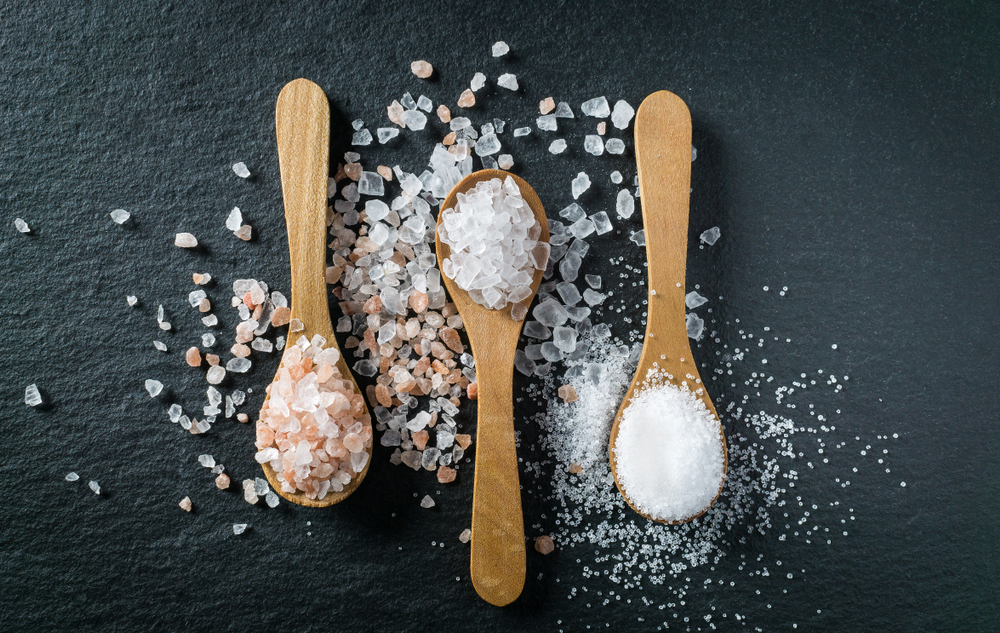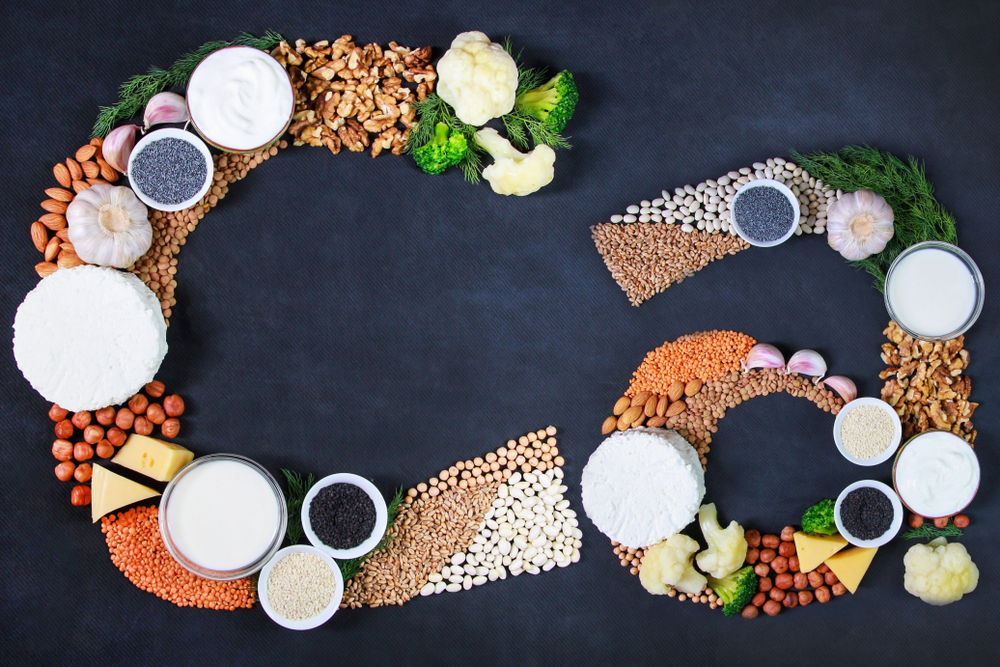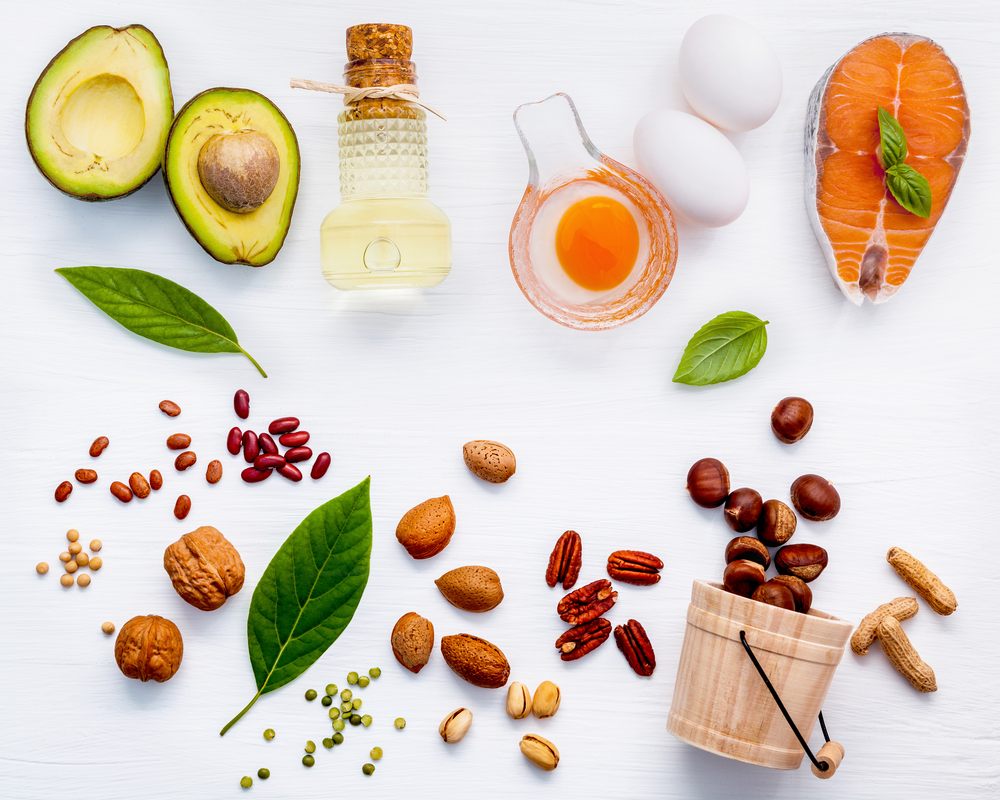Vitamins and minerals are essential for the body, whether it is for an individual or for sportsmen and women. Thanks to their functions and roles, they bring many benefits to the body. So, to know much more about this type of food supplements, here is some information about them.
General information on vitamins and minerals
Vitamins & minerals are organic substances that are essential to the body and that humans cannot synthesise. Both minerals and vitamins are actually supplied by the diet.
Vitamins are classified according to their solubility in fat or water. Vitamins A, D, E and K are fat soluble, while B and C are water soluble. Minerals are also divided into categories. There are the major minerals and the trace elements. Calcium, sodium, potassium and magnesium belong to the major minerals. The trace elements include iron, zinc, etc.
The daily requirements of vitamins and minerals vary from person to person depending on several factors. Gender, physical and mental movements, age, health, physiological condition, eating habits and stress should be considered in case of simple intake or treatment.
Foods that make up vitamins and minerals
It is true that vitamins & minerals are available as food supplements. Only, they can also be found mostly in food. The B vitamins come in various categories. Vitamin B1 is found in pork and legumes.
According to conventional wisdom, a person should have a daily intake of 1. 2 mg of B1, and sportsmen 100 mg twice daily. Vitamin B2 is found in eggs, milk and green vegetables. But fish, nuts, breads, cereals and lean meats contain vitamin B3. B1 and B2 can also be found in liver and whole grains. To consume this B2, you need to have an intake of 1. 3 to 1. 7 mg each day.
But for sportsmen, 100 mg should be taken twice a day. And as usual, sportsmen and women should take 100 mg twice daily. There are other subgroups of this vitamin B, namely: B5, B6, B7, B9 and B12.
Vitamin C can be found mainly in vegetables. However, they are also available in foods of animal origin such as milk, meat, raw cheese and fresh fish. The body's requirement forvitamin C is 75 to 100 mg per day. But for athletes, the daily intake should be 1000 mg to 3000 mg.
Now for the case of minerals, it is also possible to findcalcium, potassium, magnesium and sodium in foods. Potassium is, for example, accessible in fruits such as bananas. Calcium is found in dairy products such as cheese and milk.
Magnesium is available in cocoa, seafood and nuts. Almost all foods contain little sodium, which can be found for example in milk, eggs, vegetables, etc.
Some vitamins & minerals and their specific roles
Again, there are many vitamins. Each category and sub-category has its own functionality in the body.
- Vitamin B
First of all there is vitamin B. Like B1 for example, it supports the metabolism and defends the ability of cells to give energy through carbohydrates. It plays an important role in muscle contraction and nerve impulses. B2 keeps the skin and vision healthy. B3 ensures the mechanism of the digestive system, the nerves and the skin. Like B1, B5 and B6 are involved in the metabolic and energy mechanism. Vitamin B7 helps to regulate the blood sugar level. In the synthesis and distribution of DNA and RNA, B9 plays an important role. But B12 in protein synthesis and red blood cells.
- Vitamin C
All vitamins hold their own functionality. With vitamin C, the individual will always be rejuvenated and his muscles will be built. Vitamin C is excellent for bodybuilders, as it helps to resist fatigue and stabilize the blood. This type of vitamin is able to eliminate microbial toxins from toxic substances in the body. For those who often have problems with wounds and burns, this vitamin C accelerates the healing process. It has a strong influence on the body because of its ability to bind calcium in the bones and thus strengthen fractures.
- Magnesium
Essential for bones, muscles and the nervous system, magnesium is the enzyme responsible for the metabolism of carbohydrates and amino acids. It participates in protein synthesis and maintains cell cohesion through membranes.
- Calcium
In older men, calcium helps with the onset of osteoporosis. Sufficient calcium intake along with physical movement will play a vital role during childhood. It will help build bone mass.
- Sodium and potassium
These two minerals are crucial to the body. Sodium is scarce inside the cell, but abundant outside the cell. They act as a storage organ. In the adult human, it has a total quantity of 4000 megs. In contrast, potassium is rich inside the cell. Changes in potassium play an important role in nerve conduction and muscle contraction. Given the cases, magnesium and sodium are essential and indispensable for the body whether it be for the young, the young or the old.





